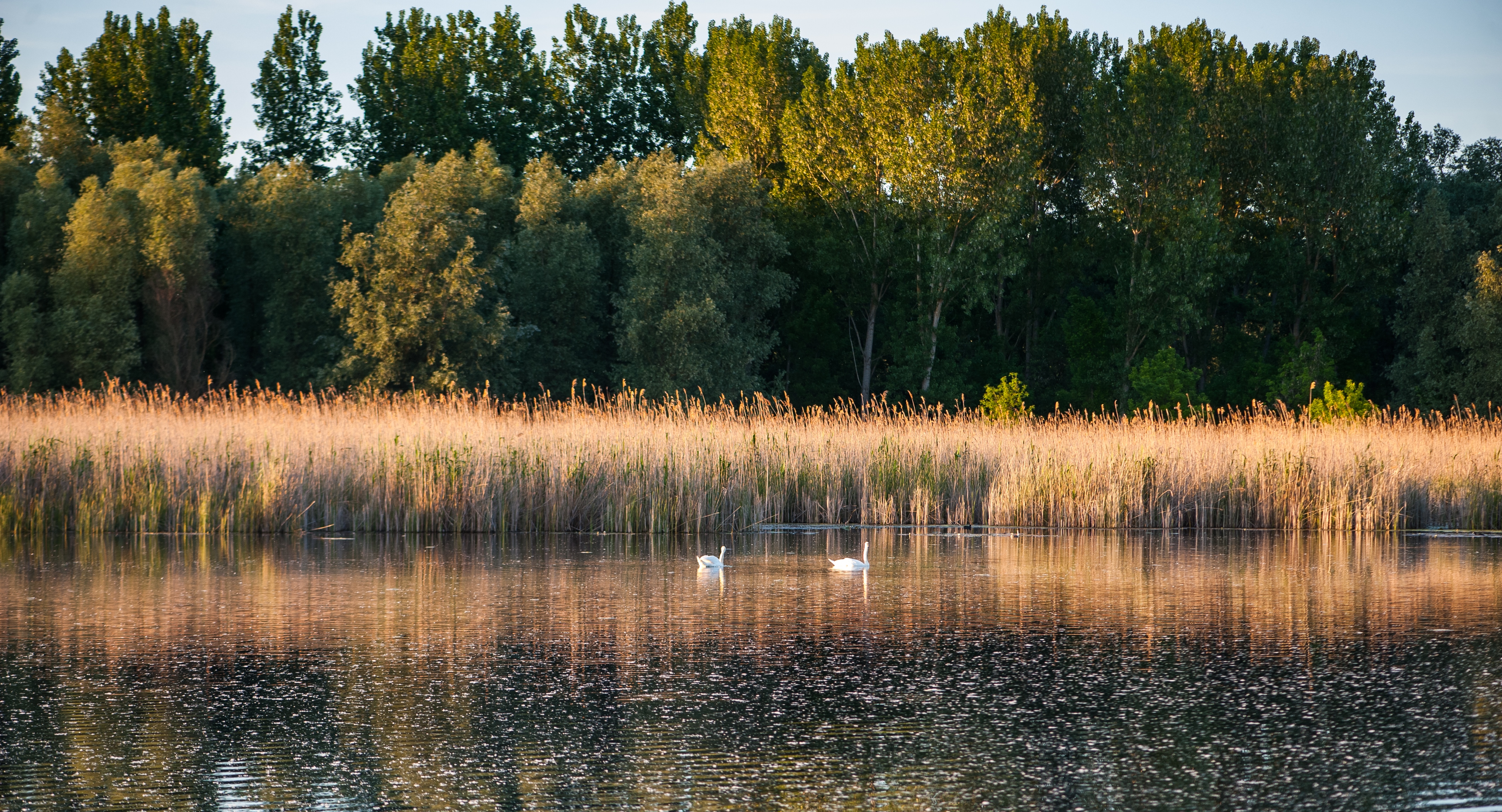Hírek a nagyvilágból
 >
>
Environment Agency – Abu Dhabi Recognized as a CMS Migratory Species Champion Plus & Extends its Unique Decade – Long Partnership with Convention on Migratory Species
Environment Agency — Abu Dhabi (EAD) and the Secretariat of the Convention on Migratory Species (CMS) have extended their decade -long partnership, protecting Dugongs, African-Eurasian birds of prey and other migratory animals of regional importance. Established in the United Arab Emirates’ capital in 2009, CMS Office — Abu Dhabi is the only regional hub for the Convention outside its headquarters in Bonn, Germany. With the extension of the partnership agreement, CMS Office — Abu Dhabi will continue its UAE operations for another four years.
Special Issue of UN Stamps Featuring Migratory Species Launched at CMS COP13
A special set of UN stamps featuring endangered migratory species will be issued today at an evening function to coincide with the Thirteenth Conference of the Parties to the Convention on Migratory Species (CMS COP13), taking place in India this week. The stamps are a collaboration between United Nations Postal Administration (UNPA), the Convention on Migratory Species (CMS) and the Convention on International Trade in Endangered Species (CITES).
CMS COP13 Opening Press Release : Major UN Meeting on Wildlife to Address Critical Threats to Migratory Species
Thirteenth Conference of the Parties to the Convention on Migratory Species (CMS COP13) to focus on adopting actions to help reverse the decline of migratory species. CMS COP13 will bring together Ministers, high-level officials, CMS partners and other stakeholders from all over the world. It will be attended by several heads of UN treaties that deal with nature, as well as CMS Ambassadors and celebrities. CMS COP13 will add new species for protection and also address emerging issues and threats. 10 new species are expected to be added to CMS, including the Asian Elephant and the Great Indian Bustard – which is the mascot of COP13.
Climate Change and Adaptation on COP13 Agenda
The Convention on Migratory Species (CMS) is to evaluate the impacts of climate change on a range of focal species and ecosystems with a view to helping species adapt to a warming world. Last month was the hottest January ever recorded with global temperatures 1.14 degrees Celsius above the 20th century average. It follows the second hottest year on record, and the warmest decade since records began, according to the UN.
Convention on Migratory Species Appoints New Wildlife Ambassadors Representing Species that Run, Fly and Swim
Internationally-renowned conservationist Ian Redmond OBE, award-winning explorer and environmentalist Sacha Dench, and Indian actor and equestrian Randeep Hooda will be named today as CMS Ambassadors for Migratory Species until 2023 under the redesigned Ambassadors Programme to be launched at CMS COP13.
New Migratory Species Champions to be Named on Eve of CMS COP13
Seven new Migratory Species Champions will be named at a special high-level event today just before the opening of the Thirteenth Conference of the Parties to the Convention on Migratory Species (CMS COP13). The award ceremony will take place during a pre-cop event at the Gift Club and will be followed by a reception hosted by the Indian Government.
High-level Dialogue to Feed into Post-2020 UN Biodiversity Meeting
Outcomes from a High-level Segment taking place on the eve of CMS COP13 will help to ensure that migratory species are prioritized in a new 10-year UN global biodiversity framework. CMS COP13 will kick off the ‘super year’ for biodiversity, which will culminate in the adoption of the new framework during the UN Biodiversity Conference in October.
New Proposals to Mitigate Effects of Infrastructure
Gobi Bear, Persian Leopard and Wild Sheep Set for Greater Protection
Massive Insect Decline Poses a New Threat to Migratory Species
For the first time, insect decline and its cascading effects on migratory species feeding on them will be on the agenda of a CMS COP. About half of all insect species are rapidly declining. A third face extinction, including generalist species which were once common and widespread. IPBES highlighted the dramatic loss of biodiversity and biomass in its global assessment report.










